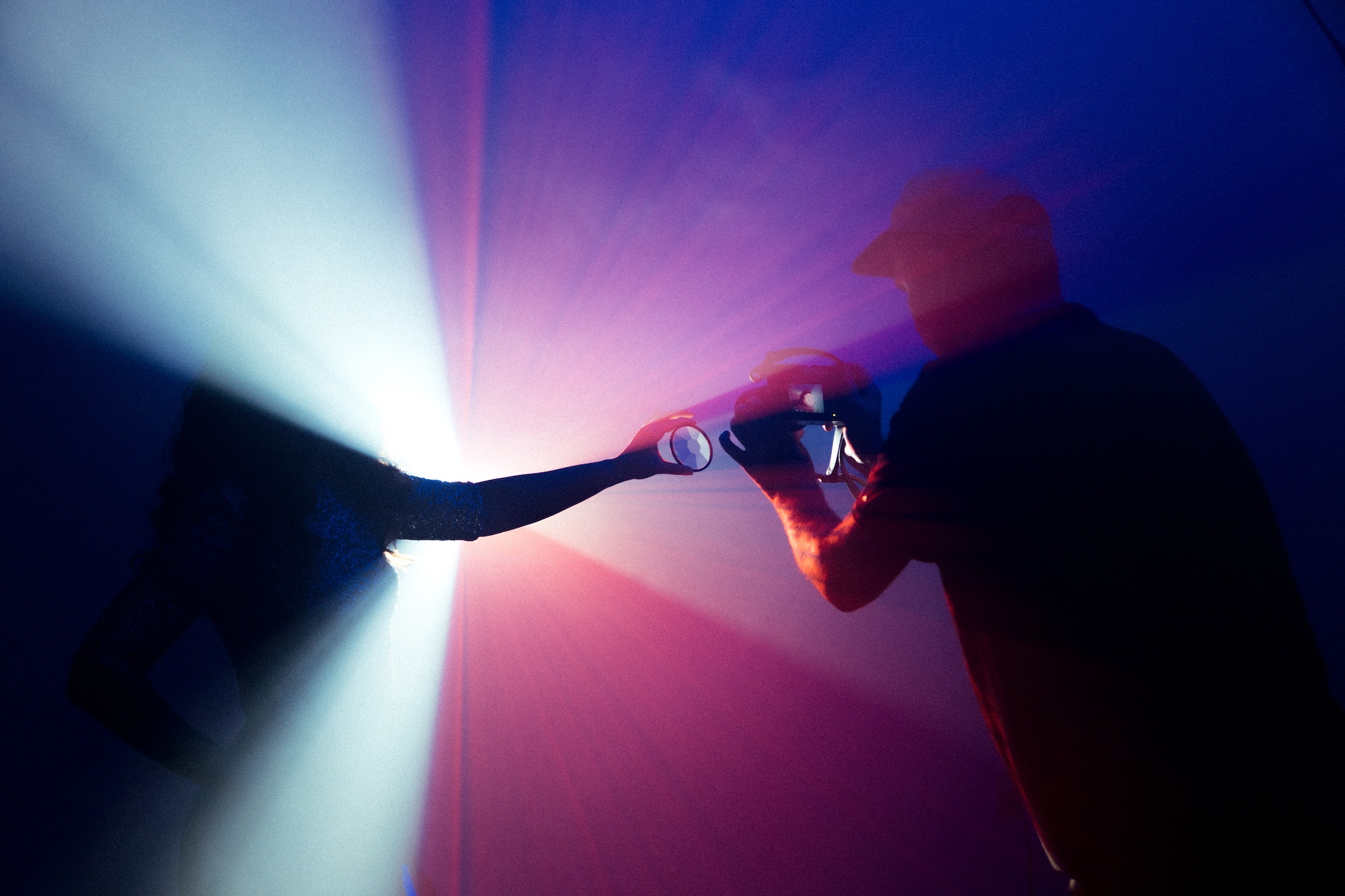March 7, 2023
The Indispensable Human in Translation

As Artificial Intelligence (AI) continues to make strides in various sectors, including creative writing and text generation, the question arises: Can AI completely replace human creativity? While AI has shown remarkable capabilities in generating text, research indicates that the human element remains indispensable. This article explores a seminal study that argues in favor of the need for human intervention in AI-generated creative works and texts.
The Study: "Human-AI Collaboration in Creative Writing"
Conducted by a team of linguists, computer scientists, and creative writers, the study titled "Human-AI Collaboration in Creative Writing" aimed to evaluate the effectiveness of AI in generating creative content. The study used a state-of-the-art language model to produce short stories, poems, and articles, which were then assessed by a panel of experts for creativity, coherence, and emotional impact.
Key Findings
Creativity
While the AI was able to generate text that was grammatically correct and logically structured, it lacked the creative flair that human writers bring to their work. The stories and poems generated by AI were found to be formulaic and predictable.
Emotional Resonance
The study found that AI-generated texts failed to evoke emotional responses from the readers. Human writers, on the other hand, were able to connect emotionally through their choice of words, storytelling techniques, and character development.
Contextual Understanding
AI struggled with generating content that required a deep understanding of cultural, social, or historical contexts. Human writers excelled in weaving such nuances into their narratives, making the content more relatable and impactful.
The Human Touch: Editing and Refinement
Interestingly, the study also explored a hybrid approach where AI-generated drafts were edited and refined by human writers. This collaboration resulted in content that was not only creatively rich but also emotionally resonant and contextually relevant.
Implications
The study concludes that while AI can be a valuable tool for aiding the creative process, it cannot replace the unique qualities that human writers bring to the table. The nuanced understanding of emotion, culture, and context are areas where human expertise is irreplaceable.
Conclusion
The study "Human-AI Collaboration in Creative Writing" serves as a compelling argument for the indispensable role of human creativity in AI-generated texts. As we move towards an increasingly automated world, it's crucial to remember that machines can augment human capabilities but cannot replicate the depth of human creativity and emotional intelligence. The future, it seems, lies in a collaborative approach that leverages the strengths of both AI and human expertise.
